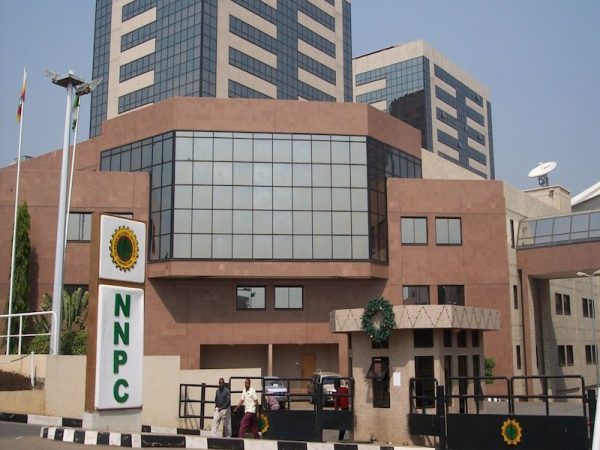 Nigerian Agip Oil Company Limited has commenced the training of no fewer than 280 youths on seafarers programme as part of capacity building for youths in its operational areas.
Nigerian Agip Oil Company Limited has commenced the training of no fewer than 280 youths on seafarers programme as part of capacity building for youths in its operational areas.
The youth drawn from the Nigerian Agip Oil Company (NAOC) host communities of Bayelsa, Delta, Imo and Rivers States are being trained with 180 of them at the famous Maritime Academy of Nigerian (MAN), Oron, Akwa Ibom State and 100 youths at the Joemarine Nautical Institute, Warri, Delta state.
Flagging-off the seafarers training programme at MAN, Oron, the Vice-Chairman/Managing Director of NAOC, Mr. Massimo Insulla described the scheme as a huge investment and significant being the first of its kind undertaken by any Joint Venture in the country.
Insulla represented by Dr. John Nweneneah of the oil company stressed that the seafarer training programme is tailored to bridge the manpower gap in the maritime sector of the Nigerian economy.
According to him, the scheme is dedicated to training young school graduates from the host communities to acquire skills ad certifications that would enable them gain employment at basic entry level positions in the maritime industry such as oilers, able seamen etc.
Pointing out the prgramme was in collaboration with the Joint Venture Partners, NAPIMS-NNPC-and Oando, he urged the beneficiaries to take the training seriously and be good ambassadors their respective communities.
The Acting Rector of MAN, Oron, Dr. Mkpandiok A. Mkpandiok lauded the collaborative effort of the NAOC in training the youths in the premier maritime institution, saying the academy is the only one to date recognised by the International Maritime Organisation (IMO)
“Our core mandate remains the development of manpower for the Nigerian maritime industry, and allied industry of which NAOC, Oando and indeed the NNPC are cardinal members.
“It is our resolve to continue to provide these industries with qualitative manpower that is conversant with up-to-date technology, adheres to national and international standards with satisfying end-use expectations”, he declared.
He listed the challenges of the Academy to include lack of training ship, simulators among others stating that the absence of the facilities have driven a good number of Nigerians to similar Maritime Training Institutions in the West Africa sub-region.
“The academy must, as a matter of priority and urgency own a survival training pool for the practical training of cadets and other students of short course programmes.
“There is need to equip the e-library facility with up-to-date books and journals of relevance to the maritime and even oil and gas industries”, he added
Mkpandiok appealed to the oil company to assist in providing some the equipment which the academy is in dire need of to put the institution in a better position to continue to provide quality maritime training and education for Nigerians.
The Akwa Ibom Controller of Labour, Federal Ministry of Labour and Employment, Mrs. Tonye Thom-Manuel commended the NAOC and the Joint Ventures for the training programme aimed at providing the youth with skills needed to function in the maritime sub-sector of the economy.
She also noted that the programme will creates employment opportunities and productively engages youths from the host communities thereby minimizing social vices in the communities such as armed robbery, looting, kidnapping and industrial unrest.
“The Ministry hopes that this initiative will be sustained and the company will continue to engage in constructive dialogue with their host communities to ensure that industrial peace and harmony is maintained”, she posited.
The Director General, National Directorate of Employment (NDE), Dr. Nasiru Ladan Mohammed Argungu also lauded NAOC for exercising their corporate social responsibility by accepting to train the unemployed youths in the host communities.
He said the present challenge of unemployment in the Nigerian economy makes it imperative that all hands must be on deck in order to provide an enduring panacea to job creation.
Available statistics, he said show that the public and private sector employers can only absorb 10 percent of about the 180,000 graduates of tertiary institutions produce annually.







